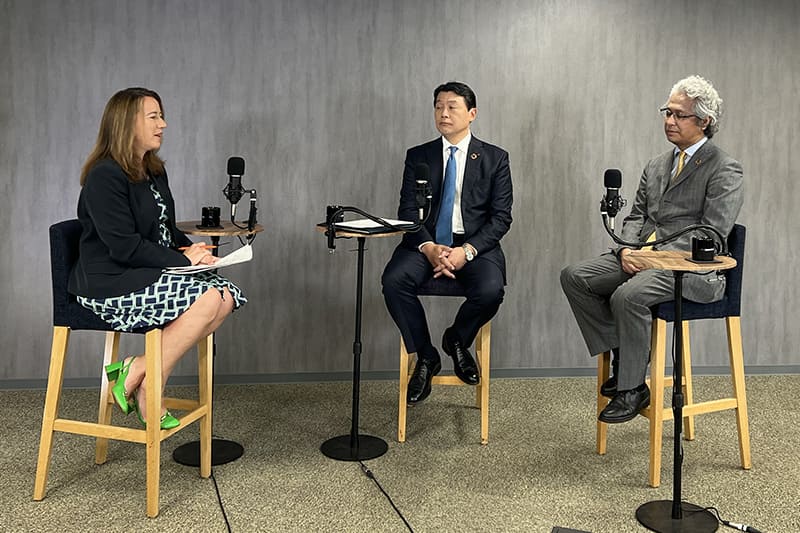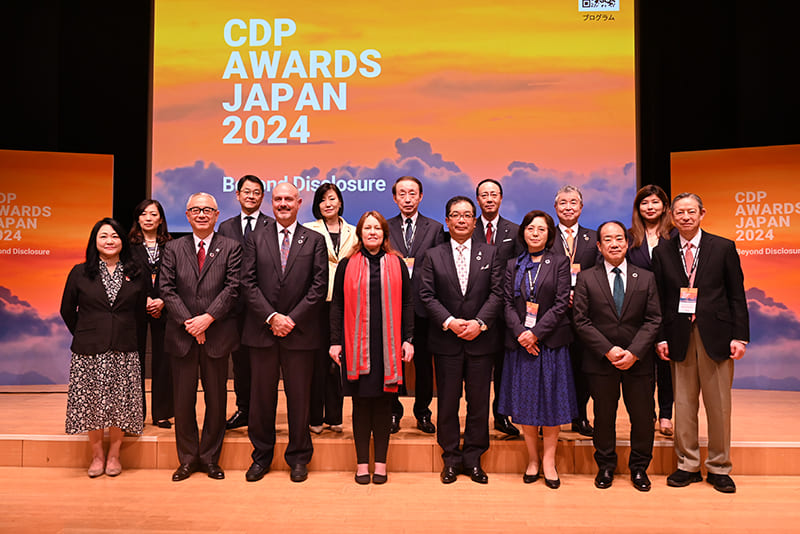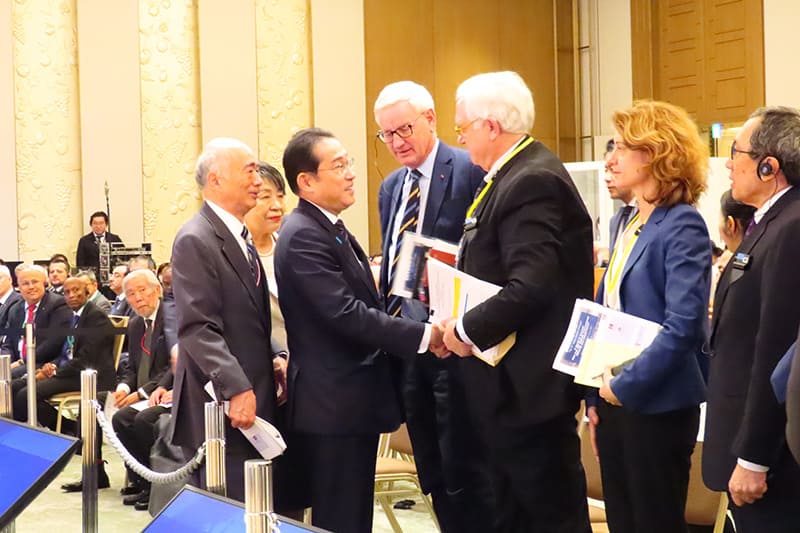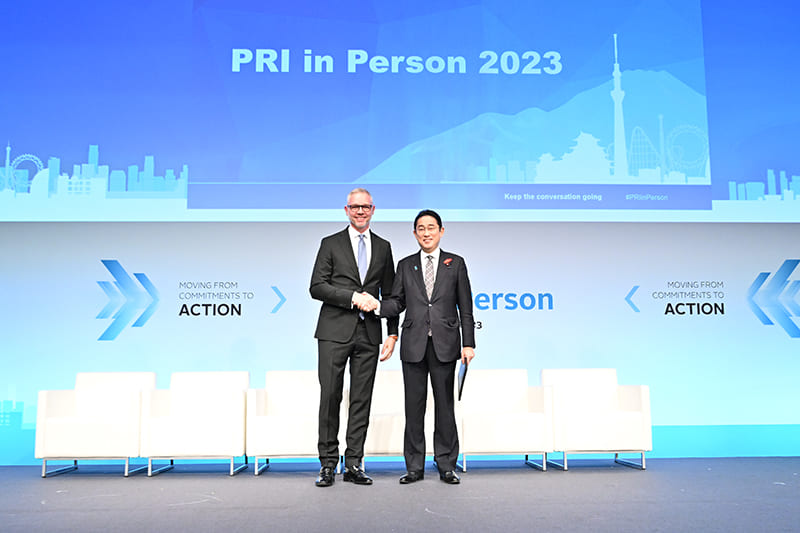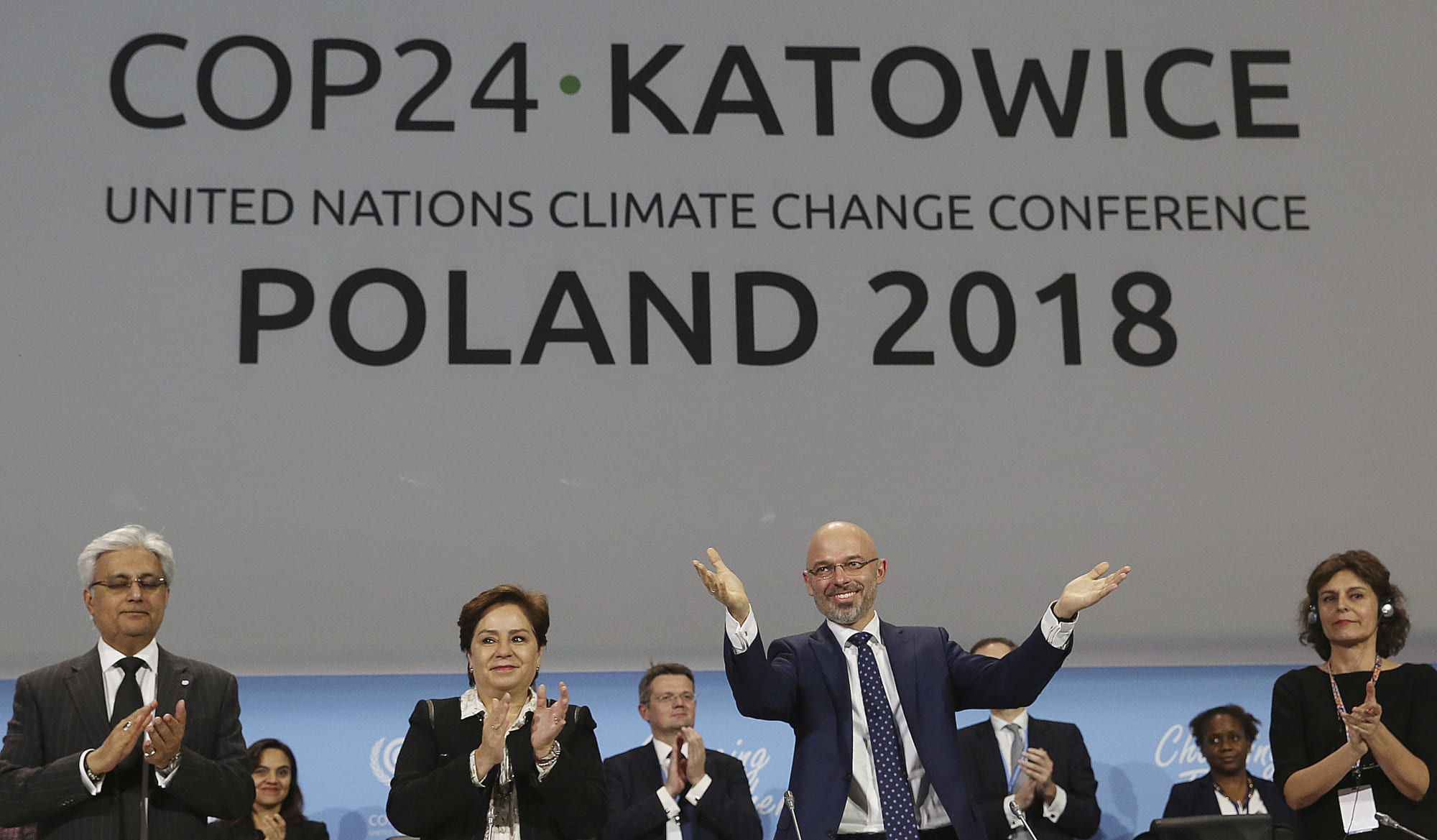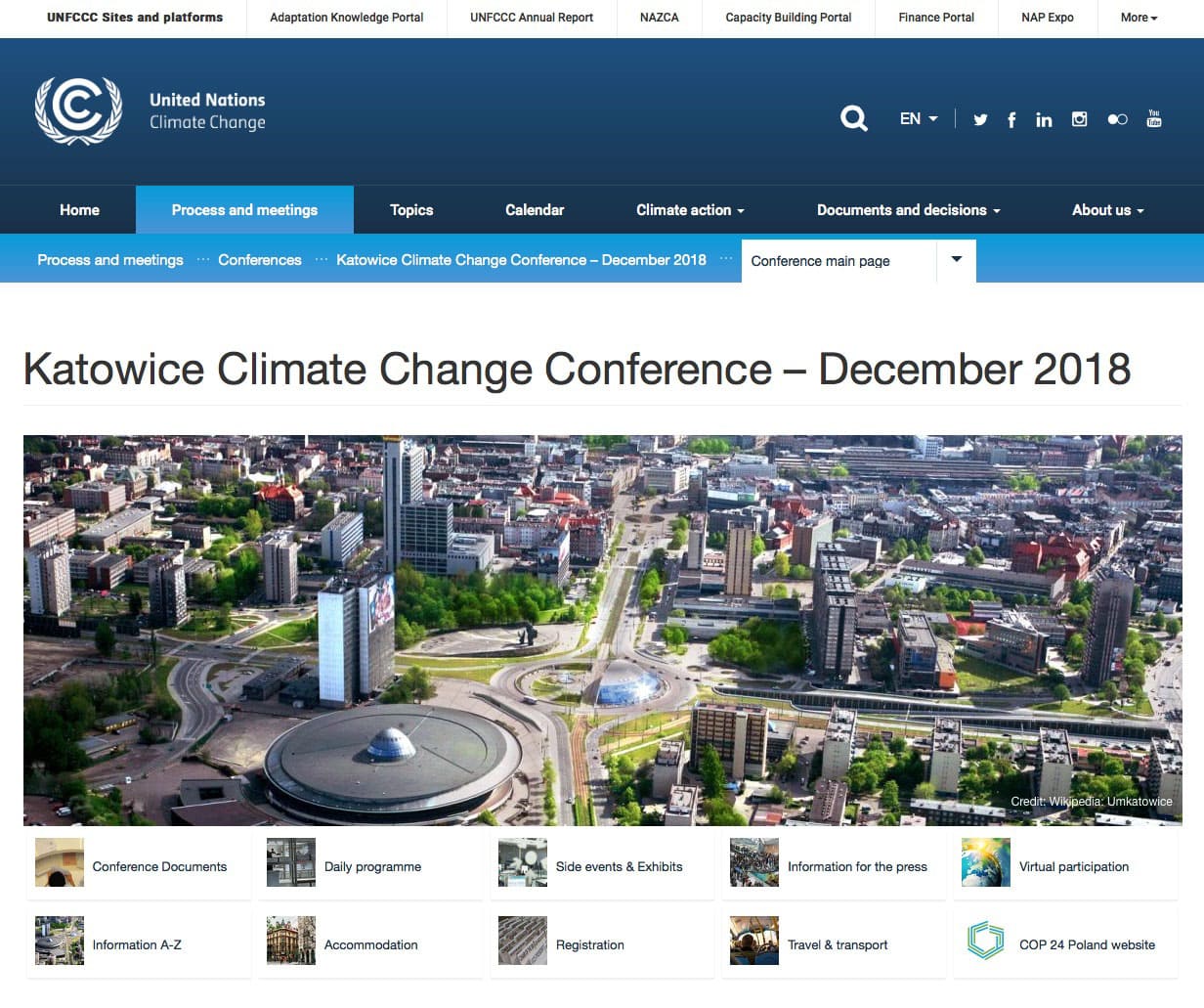July 22, 2018
A global platform for environmental stories
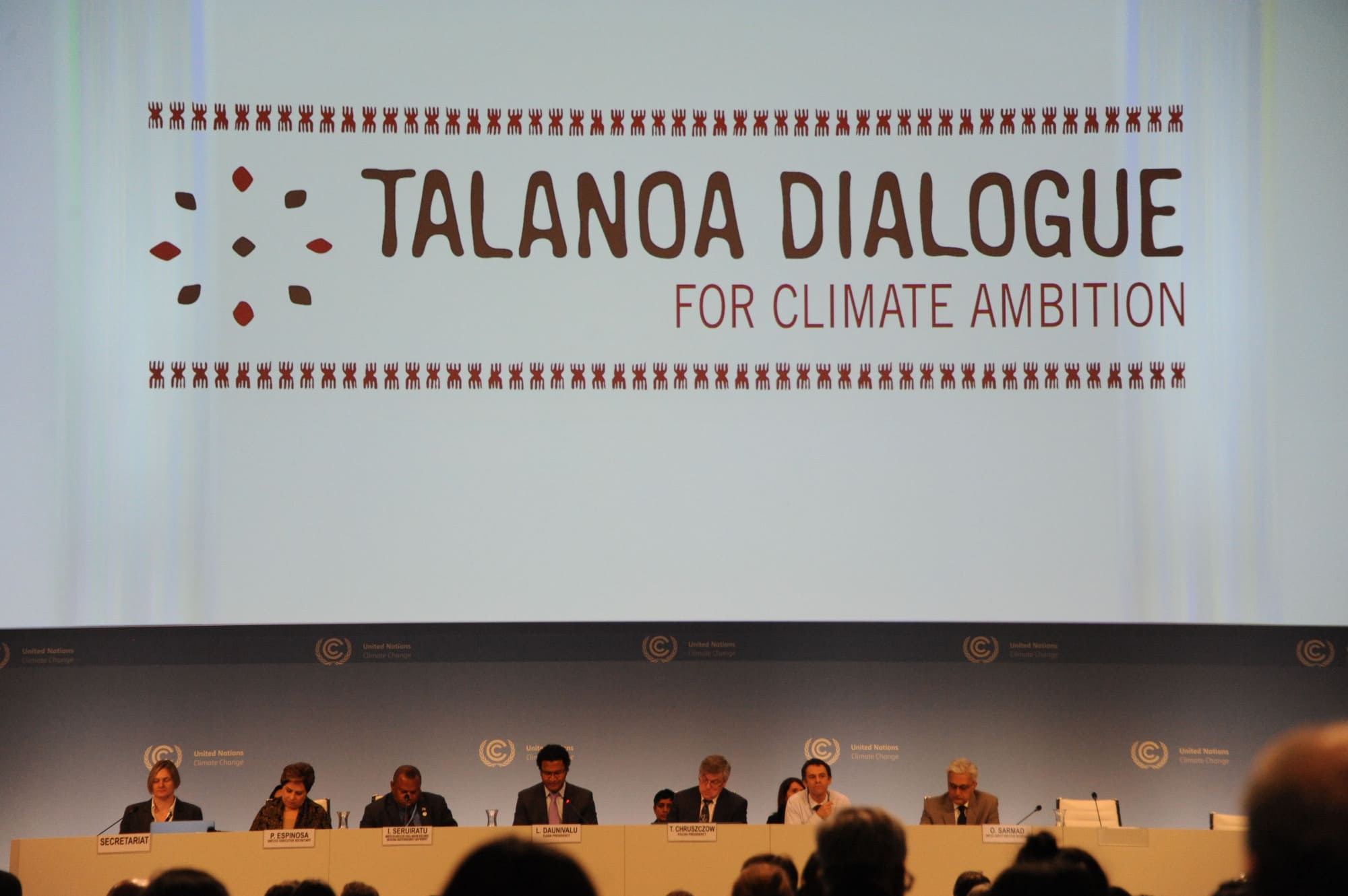
To strengthen international efforts toward a long-term environmental goal, a United Nations-led initiative has called for stakeholders around the world to share their knowledge and individual engagement.
The Paris Agreement adopted at the 21st Conference of the Parties (COP21) to the U.N. Framework Convention on Climate Change (UNFCCC) in 2015 aims to limit the global average temperature rise to less than 2 degrees Celsius above pre-Industrial Revolution levels, and pursues efforts to keep the increase at 1.5 degrees. The conference was held just outside the French capital in Le Bourget.
In a bid to boost ambitions to achieve the Paris climate accord’s goal, the Talanoa Dialogue was launched to create “an inclusive and positive atmosphere for the exchange of experiences and ideas in support of the global effort,” according to its website.
The dialogue was established at the COP23 meeting, overseen by Fiji, last November in Bonn, Germany. It is named after a traditional concept of open, respectful conversation for the common good in Fiji and across the Pacific. The move was based on a decision at COP21 to set up a facilitative exchange in 2018 to assess the progress of the goal referred to in the Paris accord.
“The purpose of Talanoa is to share stories, build empathy and make wise decisions for the collective good. The process of Talanoa involves the sharing of ideas, skills and experience through storytelling,” according to the UNFCCC.
It also says: “Blaming others and making critical observations are inconsistent with building mutual trust and respect, and therefore inconsistent with the Talanoa concept. Talanoa fosters stability and inclusiveness in dialogue, by creating a safe space that embraces mutual respect for a platform for decision-making for a greater good.”
The dialogue, with its yearlong process started in January, consisting of an ongoing preparatory phase and a political stage, is scheduled to culminate in COP24 to be held in Poland in December.
One of the main features of this dialogue is to collect input on environmental efforts from relevant parties in both the public and private sectors across the globe via online platforms through talanoadialogue.com .
Parties can make submissions based on the three topics constituting the core elements of the dialogue — Where are we?, Where do we want to go?, How do we get there? — to grasp the current situation, as well as describe a vision and necessary measures to that direction.
As part of the preparatory phase, the first Talanoa Dialogue sessions took place on May 6 in Bonn, on the sidelines of a climate change conference.
Participants shared their stories based on the three topics at the event that “reaffirmed the fundamental principle that everyone has something meaningful to contribute to addressing climate change,” according to the summary of the sessions published by the dialogue’s presidency. “Most important was the common recognition of the value of working together and learning from the experience of others.”
Meanwhile, in June, relevant parties in Japan have created an online platform to compile measures implemented by the public and private sectors and introduce them domestically and internationally in preparation for the COP24 meeting.
The website Talanoa Japan launched in June is operated by the Ministry of the Environment with its secretariat served by the Institute for Global Environmental Strategies. The URL is copjapan.env.go.jp/talanoa/ .
“On many occasions, people often point out that Japan’s ability to deliver a message to the world is weak,” Hiroshi Ono, a senior environment ministry official, said at a recent session in Tokyo. “Through this platform, we’d like to make a greater appeal to the world through sharing our various efforts in Japan.”
Ono noted that national governments used to play central roles in addressing global warming, but situations have changed in recent years.
“The emphasis has been increasingly placed on the efforts of the so-called ‘nonstate actors’ that refer to entities such as industrial groups, nongovernmental organizations and local municipalities. Their commitment and contributions have been increasingly active,” he explained.

